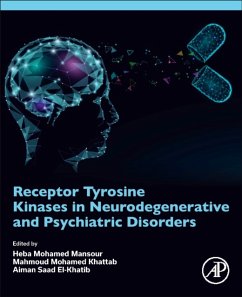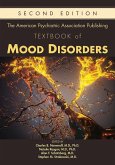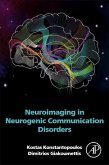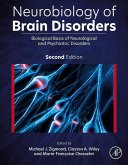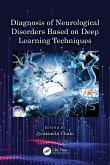Overexpression of receptor tyrosine kinases (RTKs) has been implicated in cancer. Increasing evidence suggests that dysregulation of RTKs is reported in many neurodegenerative and psychiatric disorders. Receptor Tyrosine Kinases in Neurodegenerative and Psychiatric Disorders provides a fundamental, pragmatic map of RTKs structure, activation, functions, mechanism of action, gene regulation, and signaling pathways in developing central nervous system (CNS), adult normal CNS, neurodegenerative and psychiatric disorders. Additionally, the structure, function, activation, and therapeutic potential of many growth factors have been covered. Here, international experts in the field offer a comprehensive discussion of results of pre-clinical and clinical studies of repositioning of anti-cancer receptor tyrosine kinase inhibitors (RTKIs) and other promising protein kinase inhibitors in various neurodegenerative disorders including, Alzheimer's disease, Parkinson's disease, amyotrophic lateral sclerosis, Huntington's disease, and multiple sclerosis, and psychiatric disorders including, anxiety, depression, alcohol use disorder, and schizophrenia. In addition, the book discusses the obstacles and opportunities for the potential repositioning of kinase inhibitors in neurodegenerative and psychiatric disorders.

